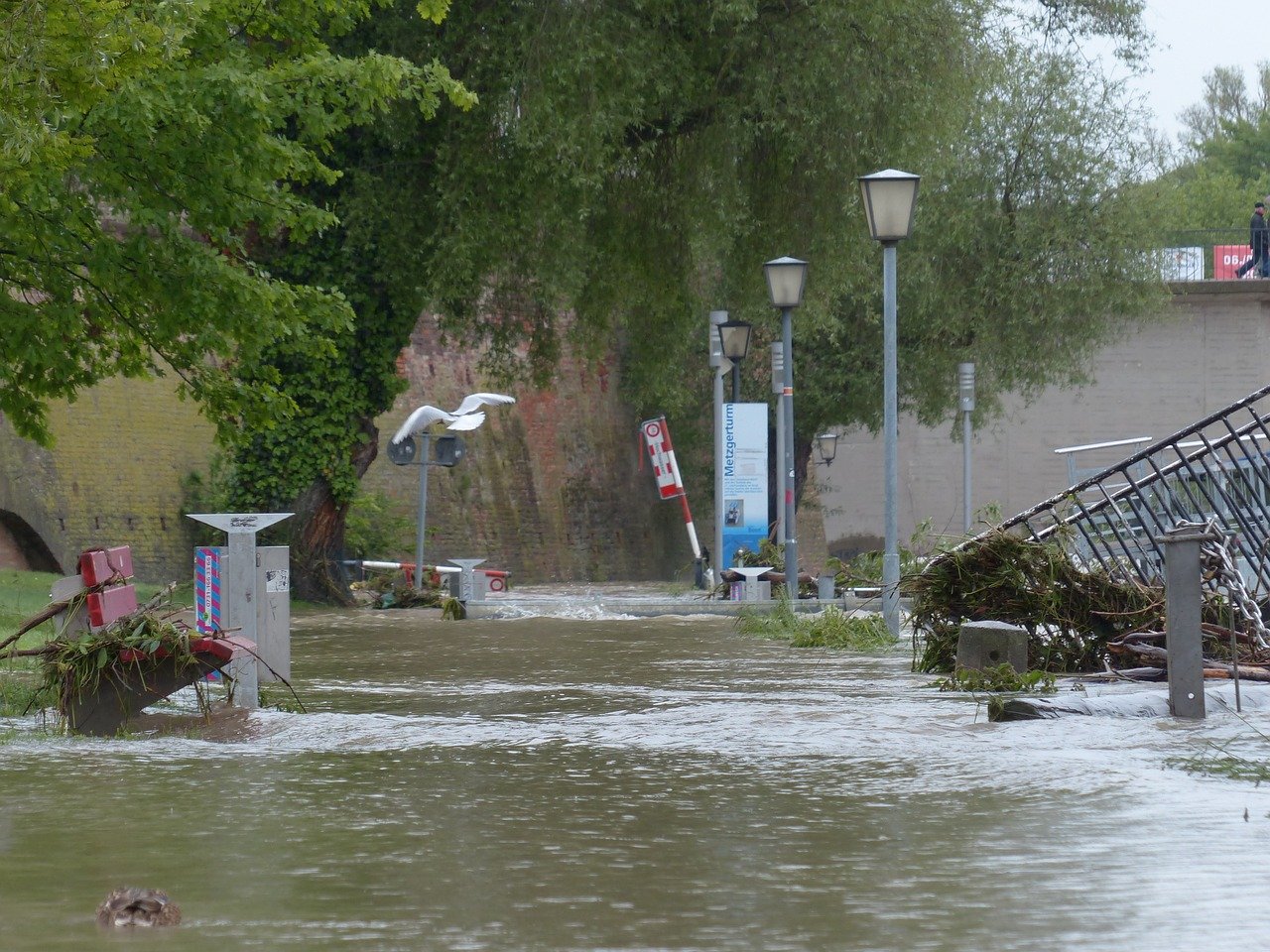Afghanistan is reeling in the aftermath of catastrophic flash floods that have swept through several northern provinces. Triggered by unusually heavy seasonal rainfall, the floods began on May 3rd, 2024, and have caused widespread devastation.
Extent of the Damage

- Loss of Life: The United Nations Office for the Coordination of Humanitarian Affairs (OCHA) reports that over 300 people have lost their lives in the floods, with the death toll expected to rise as search and rescue operations continue.
- Widespread Destruction: Entire villages have been washed away, with homes, infrastructure, and agricultural land severely damaged. The provinces of Badakhshan, Ghor, Baghlan, and Herat are the worst affected.
- Humanitarian Crisis: Thousands of people have been displaced from their homes, seeking refuge in temporary shelters or with relatives. The floods have also disrupted essential services, including access to clean water, sanitation, and healthcare.
Causes and Impact
- Heavy Rainfall: Unusually heavy spring rains and snowmelt in the Hindu Kush mountains are blamed for triggering the flash floods.
- Vulnerability to Climate Change: Afghanistan is a country highly susceptible to natural disasters. The floods highlight the country’s vulnerability to the effects of climate change, such as increased extreme weather events.
- Compounding Existing Challenges: This disaster comes at a time when Afghanistan is already grappling with a severe economic crisis and the aftermath of a devastating earthquake earlier this year. The floods further exacerbate the humanitarian situation in the country.
Relief Efforts
- International Aid: International aid organizations are mobilizing to provide emergency assistance to those affected by the floods. The World Food Programme (WFP) and the International Organization for Migration (IOM) are among the agencies on the ground providing food, shelter, and medical aid.
- Local Efforts: The Taliban government has deployed emergency response teams to the affected areas. However, their capacity to respond effectively is limited due to the ongoing economic and political crisis.
The immediate focus remains on search and rescue operations, providing emergency relief to the displaced population, and preventing the outbreak of waterborne diseases. Rebuilding efforts will be crucial in the long term, with a focus on improving disaster preparedness and mitigation strategies. The international community has a vital role to play in supporting Afghanistan as it recovers from this latest disaster.
